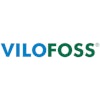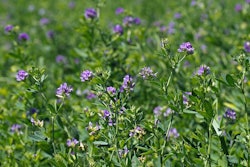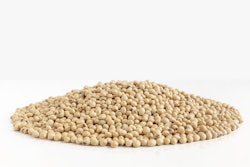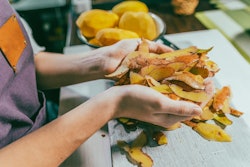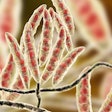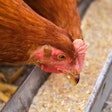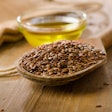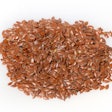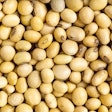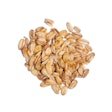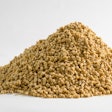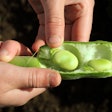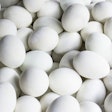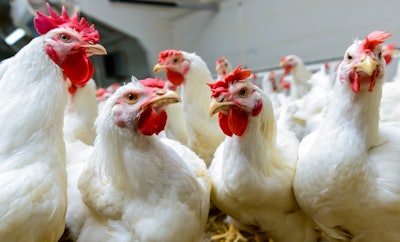
The poultry industry is constantly evolving, with a growing emphasis on sustainability and efficient resource utilization. One crucial aspect of poultry farming is ensuring a balanced and nutritious diet for broilers, as it directly influences their growth, health and overall profitability.
Traditionally, broilers have been fed diets rich in conventional protein sources like soybean meal and, in older times, some fishmeal. However, the rising demand for animal protein, coupled with environmental concerns and fluctuations in feed ingredient prices, has prompted nutritionists and producers to explore alternative protein sources for broiler nutrition, especially with an emphasis on sustainability.
Insect protein
In recent years, insect meal/protein has gained significant attention as a viable alternative for broiler feeds. Insects, such as black soldier fly larvae and mealworms, are rich in essential amino acids and possess a favorable nutritional profile. They can be sustainably produced using organic waste materials, contributing to waste reduction, and providing an environmentally friendly protein source. Several studies have demonstrated that incorporating insect protein into broiler diets can enhance growth rates and feed conversion ratios. After all, insects are a staple food of birds in the wild.
Single-cell proteins
Single-cell proteins (SCPs) are microorganisms, such as bacteria and yeast, that can be cultivated on various substrates (including biogas) to produce protein-rich biomass. In experiments, yeast-derived protein, for instance, has shown promise as a supplementary protein source for broilers. In practice, SCPs often replace the much more expensive good-quality fishmeal. Single-cell proteins contain a balanced amino acid profile and are easily digestible. More interestingly, they can be produced using renewable resources, making them a sustainable alternative that reduces the reliance on traditional protein sources.
Algal proteins
Micro- and/or macro-algae are another emerging alternative protein source for broiler nutrition. Certain algae are rich in essential amino acids, vitamins and minerals, providing a nutritious supplement for broilers. Moreover, algae cultivation is often considered more sustainable than land-based traditional protein sources, as it requires less land and water. Some research suggests that incorporating algal proteins into broiler diets can positively impact growth performance and carcass quality. However, this industry is still in its infancy.
Locally produced plant-based proteins
While soybean meal remains a staple in broiler diets, the search for sustainable alternatives has led to the exploration of other plant-based proteins, especially those that can be procured locally. Pea protein, canola meal, and sunflower meal are among the options that have been studied. These alternatives contribute to diversifying protein sources and offer local potential economic benefits, as their production may be less susceptible to international market volatility.
Pulse crops
Pulse crops, such as lentils and chickpeas, are gaining increasing attention as protein sources for broilers, again at a local level. These crops are rich in protein and functional fibers, and their cultivation often enhances soil fertility through nitrogen fixation. Including pulse crops in broiler diets may not only provide a sustainable protein source but also contribute to crop rotation strategies that promote soil health. It should be noted that soybeans are also a pulse and that is why certain regions try to produce it locally.
In conclusion
As the poultry industry continues to grow and face challenges related to sustainability, exploring alternative protein sources for broilers becomes crucial. Insects, single-cell proteins, algal proteins, locally produced-plant-based proteins and pulse crops offer promising options to diversify broiler diets and reduce the environmental impact of feed production.
Implementing these alternative protein sources requires further research, innovation and collaboration across the industry to ensure optimal growth, health, profitability and sustainability in broiler production.

